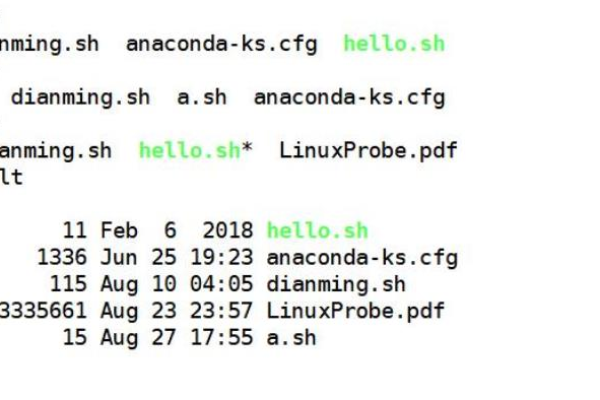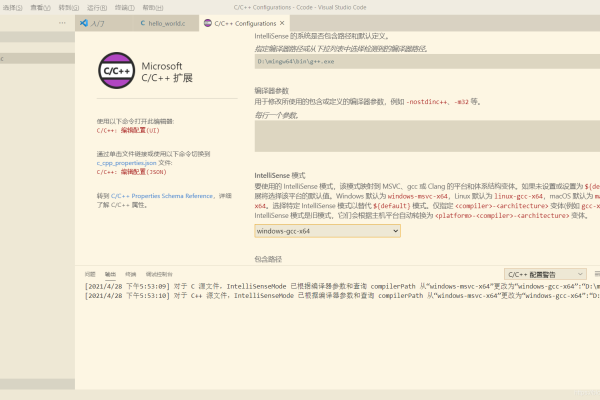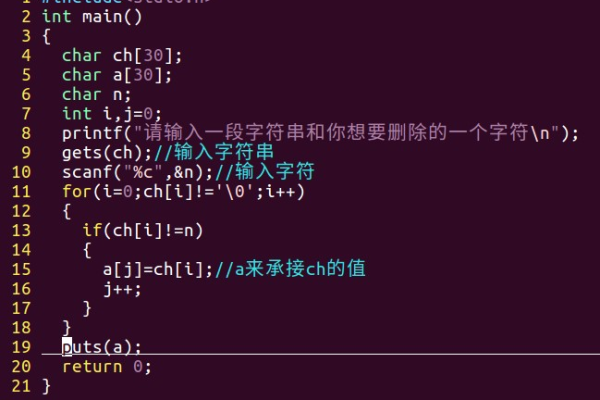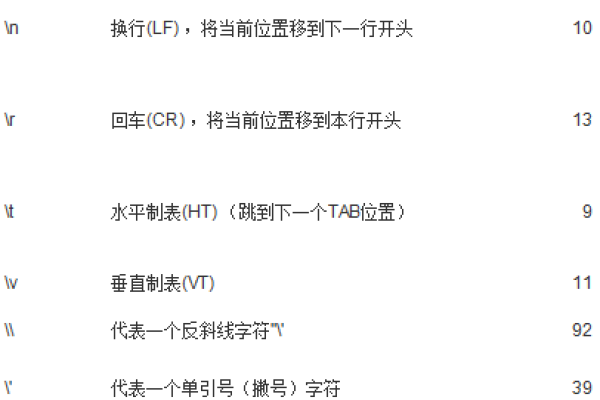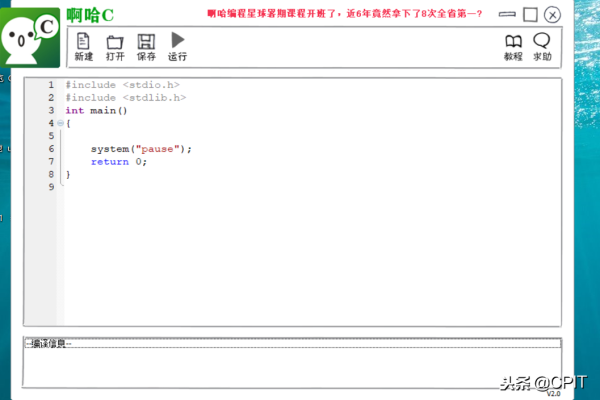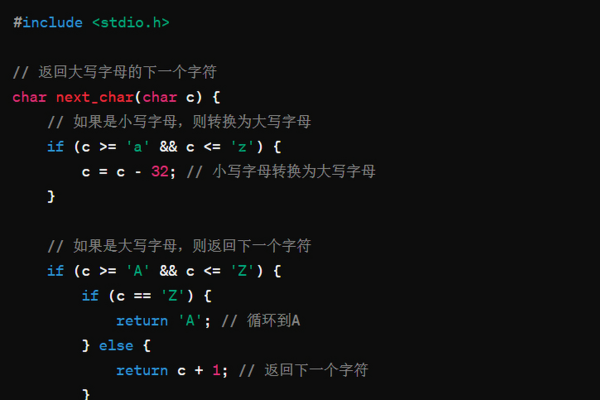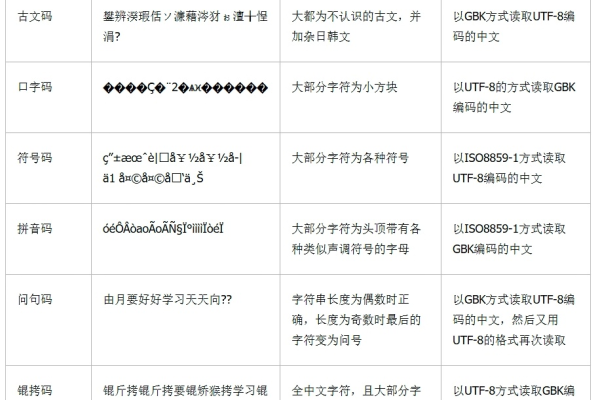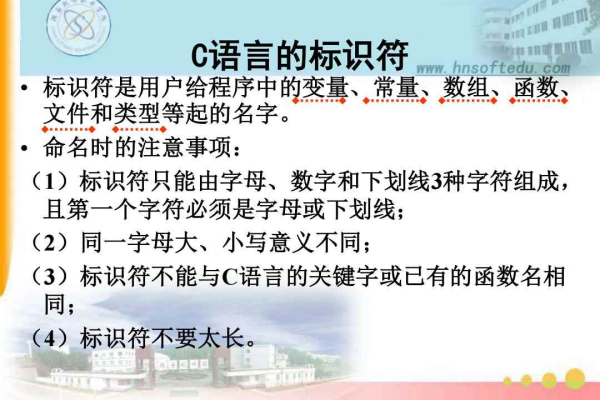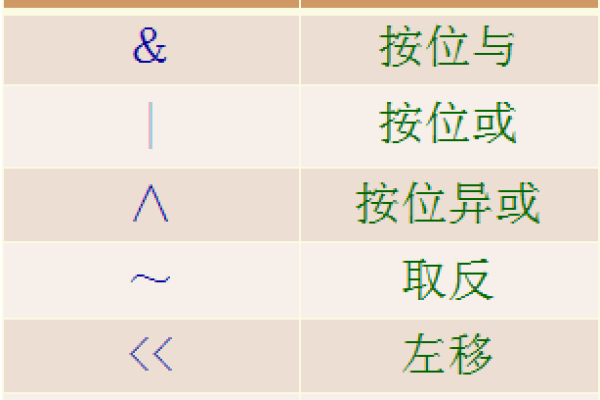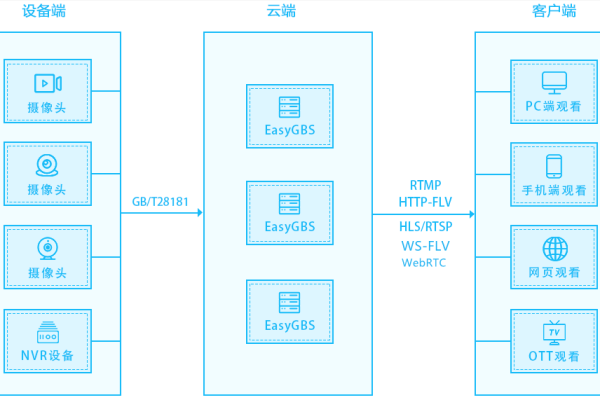c实现linuxls命令
- 行业动态
- 2025-02-15
- 6
“
c,#include,#include,#include,#includeint main(int argc, char *argv[]) {, DIR *dir;, struct dirent *entry;, struct stat fileStat; if (argc > 1) {, dir = opendir(argv[1]);, if (dir == NULL) {, perror("opendir");, return 1;, }, } else {, dir = opendir(".");, if (dir == NULL) {, perror("opendir");, return 1;, }, } while ((entry = readdir(dir)) != NULL) {, char path[1024];, if (argc > 1) {, snprintf(path, sizeof(path), "%s/%s", argv[1], entry->d_name);, } else {, snprintf(path, sizeof(path), "%s", entry->d_name);, } if (stat(path, &fileStat) == -1) {, perror("stat");, continue;, } printf("%st", entry->d_name);, if (S_ISDIR(fileStat.st_mode)) {, printf("[D]t");, } else {, printf("t");, }, printf(",");, } closedir(dir);, return 0;,},“这个程序会列出指定目录(如果没有提供参数则列出当前目录)下的所有文件和子目录。对于每个文件或目录,它会打印名称和一个指示是否为目录的标记。
在Linux系统中,ls命令是一个非常常用的命令,用于列出目录中的文件和子目录,使用C语言实现一个类似于ls的命令,可以帮助我们更好地理解系统调用、文件操作以及目录遍历等概念,下面将详细介绍如何使用C语言来实现一个简单的ls命令。
实现步骤
1、包含必要的头文件:为了使用与目录相关的函数和标准输入输出函数,需要包含以下头文件:
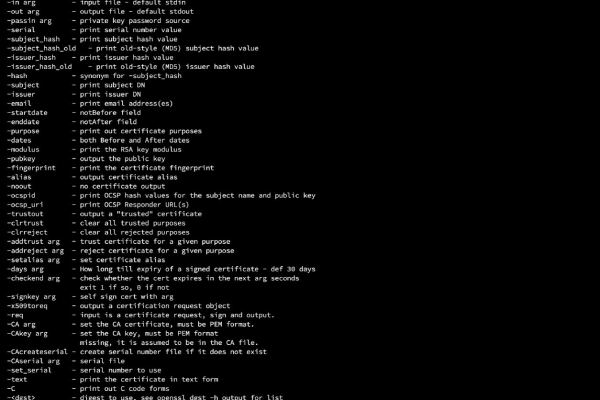
#include <stdio.h> #include <stdlib.h> #include <dirent.h> #include <sys/types.h> #include <sys/stat.h> #include <unistd.h> #include <string.h> #include <pwd.h> #include <grp.h> #include <time.h>
2、定义函数来打印文件信息:这个函数将根据文件的元数据打印详细信息,包括文件类型、权限、链接数、拥有者、组、大小和修改时间。
void print_file_info(struct stat *file_stat) {
printf((S_ISDIR(file_stat->st_mode)) ? "d" : "-");
printf((file_stat->st_mode & S_IRUSR) ? "r" : "-");
printf((file_stat->st_mode & S_IWUSR) ? "w" : "-");
printf((file_stat->st_mode & S_IXUSR) ? "x" : "-");
printf((file_stat->st_mode & S_IRGRP) ? "r" : "-");
printf((file_stat->st_mode & S_IWGRP) ? "w" : "-");
printf((file_stat->st_mode & S_IXGRP) ? "x" : "-");
printf((file_stat->st_mode & S_IROTH) ? "r" : "-");
printf((file_stat->st_mode & S_IWOTH) ? "w" : "-");
printf((file_stat->st_mode & S_IXOTH) ? "x" : "-");
printf(" %lu", file_stat->st_nlink);
printf(" %s", getpwuid(file_stat->st_uid)->pw_name);
printf(" %s", getgrgid(file_stat->st_gid)->gr_name);
printf(" %llu", file_stat->st_size);
char time_buf[20];
strftime(time_buf, sizeof(time_buf), "%Y-%m-%d %H:%M:%S", localtime(&(file_stat->st_mtime)));
printf(" %s", time_buf);
} 3、实现列出目录内容的函数:该函数接受一个目录路径作为参数,打开目录并遍历其中的文件和子目录,打印每个文件的详细信息。
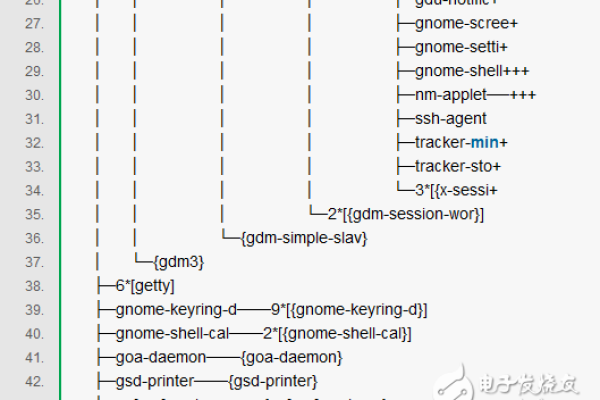
void list_files_in_directory(char *directory_path) {
DIR *directory = opendir(directory_path);
if (directory == NULL) {
perror("无法打开目录");
return;
}
struct dirent *entry;
while ((entry = readdir(directory)) != NULL) {
char file_path[PATH_MAX];
snprintf(file_path, sizeof(file_path), "%s/%s", directory_path, entry->d_name);
struct stat file_stat;
if (lstat(file_path, &file_stat) < 0) {
perror("无法获取文件信息");
continue;
}
print_file_info(&file_stat);
printf(" %s
", entry->d_name);
}
closedir(directory);
} 4、编写主函数:主函数处理命令行参数,如果没有指定目录,则默认列出当前目录的内容;如果指定了目录,则列出指定目录的内容。
int main(int argc, char *argv[]) {
if (argc < 2) {
list_files_in_directory(".");
} else {
for (int i = 1; i < argc; i++) {
list_files_in_directory(argv[i]);
}
}
return 0;
} 示例代码
以下是完整的示例代码,实现了一个简单的ls命令:
#include <stdio.h>
#include <stdlib.h>
#include <dirent.h>
#include <sys/types.h>
#include <sys/stat.h>
#include <unistd.h>
#include <string.h>
#include <pwd.h>
#include <grp.h>
#include <time.h>
void print_file_info(struct stat *file_stat) {
printf((S_ISDIR(file_stat->st_mode)) ? "d" : "-");
printf((file_stat->st_mode & S_IRUSR) ? "r" : "-");
printf((file_stat->st_mode & S_IWUSR) ? "w" : "-");
printf((file_stat->st_mode & S_IXUSR) ? "x" : "-");
printf((file_stat->st_mode & S_IRGRP) ? "r" : "-");
printf((file_stat->st_mode & S_IWGRP) ? "w" : "-");
printf((file_stat->st_mode & S_IXGRP) ? "x" : "-");
printf((file_stat->st_mode & S_IROTH) ? "r" : "-");
printf((file_stat->st_mode & S_IWOTH) ? "w" : "-");
printf((file_stat->st_mode & S_IXOTH) ? "x" : "-");
printf(" %lu", file_stat->st_nlink);
printf(" %s", getpwuid(file_stat->st_uid)->pw_name);
printf(" %s", getgrgid(file_stat->st_gid)->gr_name);
printf(" %llu", file_stat->st_size);
char time_buf[20];
strftime(time_buf, sizeof(time_buf), "%Y-%m-%d %H:%M:%S", localtime(&(file_stat->st_mtime)));
printf(" %s", time_buf);
}
void list_files_in_directory(char *directory_path) {
DIR *directory = opendir(directory_path);
if (directory == NULL) {
perror("无法打开目录");
return;
}
struct dirent *entry;
while ((entry = readdir(directory)) != NULL) {
char file_path[PATH_MAX];
snprintf(file_path, sizeof(file_path), "%s/%s", directory_path, entry->d_name);
struct stat file_stat;
if (lstat(file_path, &file_stat) < 0) {
perror("无法获取文件信息");
continue;
}
print_file_info(&file_stat);
printf(" %s
", entry->d_name);
}
closedir(directory);
}
int main(int argc, char *argv[]) {
if (argc < 2) {
list_files_in_directory(".");
} else {
for (int i = 1; i < argc; i++) {
list_files_in_directory(argv[i]);
}
}
return 0;
} 编译和运行上述代码,你将看到类似于Linuxls命令的输出结果,运行./a.out 将列出当前目录下的所有文件和子目录,而运行./a.out /path/to/dir 将列出指定目录下的所有文件和子目录。
